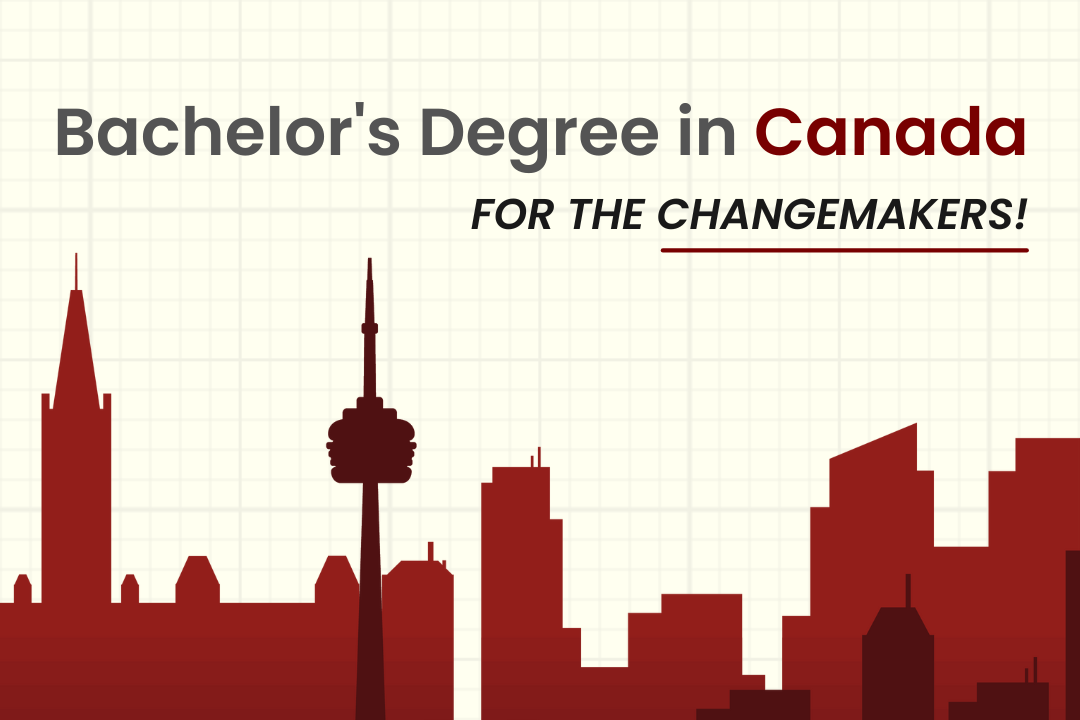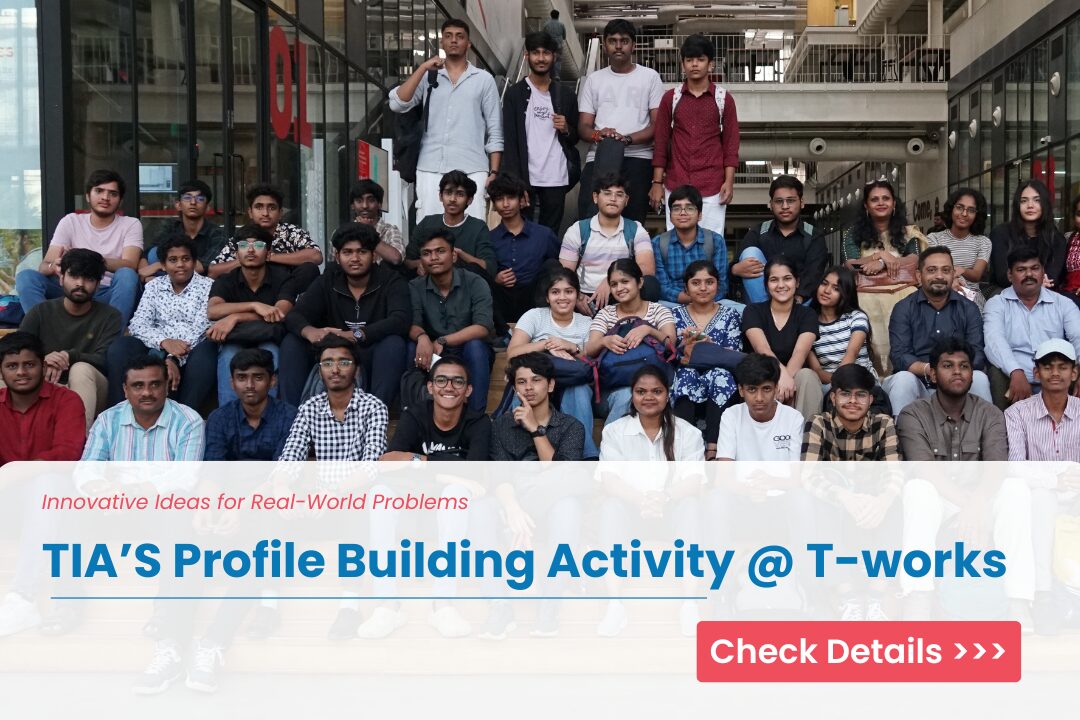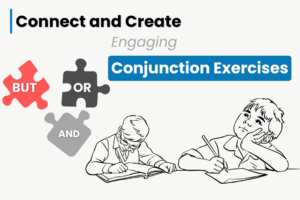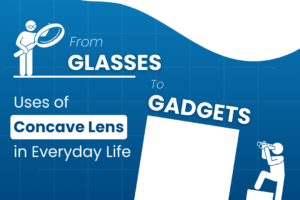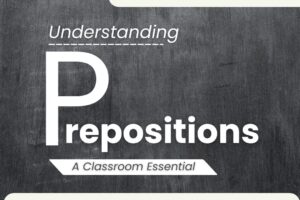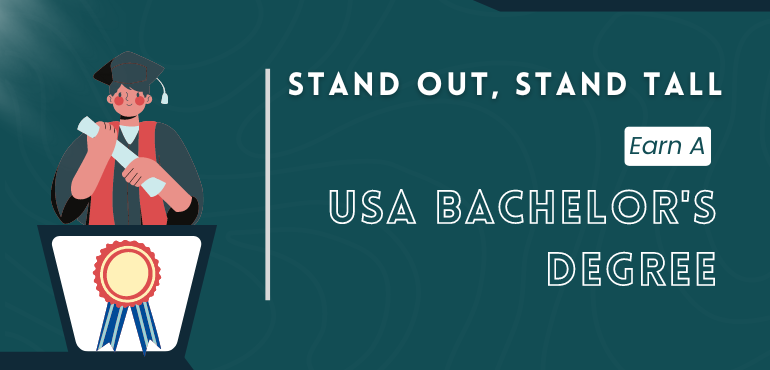
The United States beckons with its vibrant campuses, world-renowned universities, and a diverse range of Bachelor’s degrees. Whether you’re a budding scientist, a creative artist, or a future business leader, the USA offers an academic environment tailored to ignite your passion and propel you toward success. This guide empowers you to navigate the exciting world of US Bachelor’s programs and discover the perfect fit for your aspirations.
Explore Program Options
The first step is to delve into the captivating world of US Bachelor’s degrees. Universities offer various programs, from traditional disciplines like engineering and medicine to cutting-edge fields like artificial intelligence and cybersecurity.
Here are some resources to kickstart your exploration:
- University Websites: Each university boasts a comprehensive website showcasing its academic offerings. Browse program descriptions, explore faculty profiles, and delve into course lists to understand the specific curriculum and focus areas.
- Ranking Websites: Resources like US News & World Report and QS World University Rankings provide insights into top universities and programs in various disciplines. Explore these rankings alongside other factors to build your shortlist.
- Educational Consultancies: Consider seeking guidance from educational consultancies specializing in US admissions. They can help you identify programs aligning with your interests and academic background.
Study Programs in the USA
The U.S. education system offers a variety of Bachelor’s degrees, typically lasting four years. Here are the main types:
- Bachelor of Arts (BA): Emphasizes critical thinking, writing, and communication skills through subjects like English, History, and Political Science.
- Bachelor of Science (BS): Focuses on science and math, providing a foundation in research methods. Common BS degrees include Biology, Chemistry, and Computer Science.
- Bachelor of Fine Arts (BFA): Develops artistic skills in fields like visual arts, music, or theater through intensive training and studio work.
- Bachelor of Business Administration (BBA): Prepares students for business careers by covering areas like accounting, finance, and marketing.
Beyond these, there are specialized degrees like Bachelor of Engineering (B.Eng.) or Bachelor of Nursing (BSN). When choosing, consider your academic interests, career goals, and the program’s focus (arts, science, business, etc.).
Benefits of Pursuing a Bachelor’s Degree in the USA
A U.S. Bachelor’s degree unlocks exciting possibilities. Here’s why earning one could be your perfect launchpad to success:
- World-Class Education: The USA is home to some of the top-ranked universities globally, offering exceptional educational quality and research opportunities.
- Diverse Program Offerings: US universities boast a vast array of programs encompassing virtually every academic discipline imaginable.
- Practical Learning: Many programs integrate internships and research opportunities into the curriculum, providing valuable real-world experience.
- Culturally Rich Environment: US campuses are melting pots of cultures and nationalities, fostering a vibrant and enriching learning experience.
- Career Advancement: A US Bachelor’s degree is highly valued by employers worldwide, opening doors to exciting career opportunities.
Top Universities in the USA
The United States boasts a world-renowned higher education system, consistently attracting ambitious students from around the globe. Ivy League institutions and prominent public universities offer unparalleled academic rigor, exceptional faculty, and vibrant campus life. Here’s a glimpse at the top universities in the USA:
- Massachusetts Institute of Technology (MIT)
- Stanford University
- Harvard University
- Princeton University
- Columbia University
- University of Chicago
- University of California, Berkeley (UC Berkeley)
- Yale University
- California Institute of Technology (Caltech)
- Duke University
Eligibility and Requirements
To be eligible for a Bachelor’s degree program in the USA, you’ll typically need to fulfill these requirements:
- Academic Credentials:
- High School Diploma or Equivalent: Completion of secondary education is essential. International students might need an internationally recognized qualification.
- GPA (Grade Point Average): Universities often have minimum GPA requirements. Strong academic performance demonstrates your ability to handle university-level coursework.
- Standardized Tests (optional):
- SAT or ACT: Many universities require scores from the SAT (Scholastic Assessment Test) or ACT (American College Testing) exams. These assess your readiness for college-level work.
- Additional Requirements:
- English Language Proficiency: If English isn’t your native language, you might need to demonstrate proficiency through tests like TOEFL (Test of English as a Foreign Language) or IELTS (International English Language Testing System).
- Letters of Recommendation: Strong recommendation letters from teachers or counselors can bolster your application.
- Application Essay: Craft a compelling essay outlining your academic goals, interests, and motivations for pursuing a specific program.
Meeting these requirements increases your chances of securing admission to a U.S. Bachelor’s degree program. Remember, specific requirements may vary between universities and programs. Always refer to the official university website for the latest information.
How to Apply to a Bachelor’s Program in the USA?
Securing a spot in a U.S. Bachelor’s program involves a strategic approach. Here’s a roadmap to guide you:
Research and Shortlist
Explore university websites to discover programs that align with your academic interests and career goals. Create a shortlist of universities that resonate with you.
Research Requirements
Each university and program has specific requirements. Look for information regarding transcripts, standardized testing (if required), English language proficiency tests, application essays, and recommendation letters.
Prepare Application Materials
Gather required documents like transcripts, test scores, and recommendation letters. Craft a compelling personal statement that showcases your academic achievements, skills, and reasons for pursuing your chosen program.
Application Platform
Many universities use a centralized application platform like UCAS (Common Application). Familiarize yourself with the platform and application deadlines.
Application Fees
Pay the application fees for each university you’re applying to. Deadlines might vary, so plan accordingly.
Financial Aid Exploration
Universities and external organizations offer research scholarships, financial aid packages, and work-study opportunities.
Interview (Optional)
Some programs might require interviews. Prepare effectively to showcase your personality and suitability for the program.
Decision and Acceptance
Universities will notify you of their admissions decisions. If you receive multiple offers, carefully compare programs, costs, and locations before accepting.
Remember: Start researching and planning early. A well-organized and timely application strengthens your chances of securing admission to your dream program in the USA.
Explore Career Opportunities
While pursuing your degree, consider the career services offered by universities. These services can guide career paths, help you build a resume and portfolio, and even assist with job search strategies. Additionally, many universities offer internship opportunities that allow you to gain valuable practical experience in your chosen field.
Financing Your US Bachelor’s Degree
The cost of a US Bachelor’s degree can be significant. However, numerous avenues can help make it more affordable:
- Scholarships: Explore merit-based and need-based scholarships offered by universities, private organizations, and governments of your home country.
- Financial Aid: Universities may offer financial aid packages based on your financial need.
Conclusion
Pursuing a Bachelor’s degree in the USA offers unparalleled academic diversity, cutting-edge research opportunities, and a dynamic cultural experience. It prepares students for global careers by fostering critical thinking, innovation, and adaptability, making it an investment in a future of endless possibilities.


